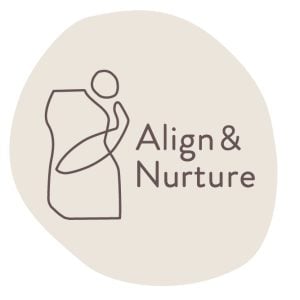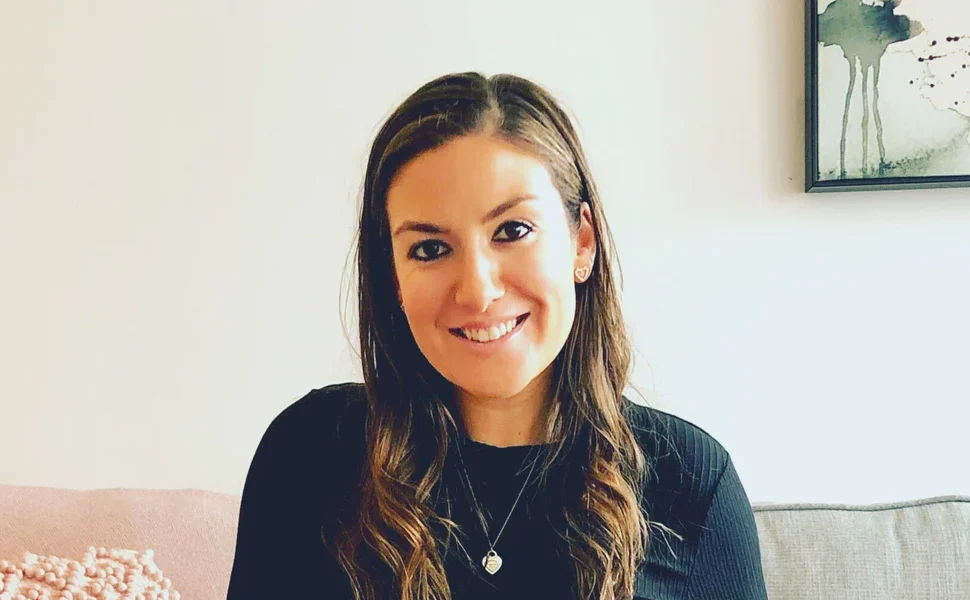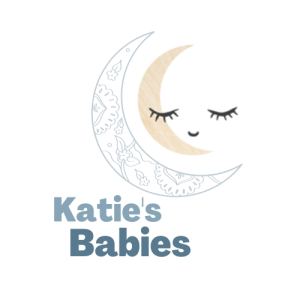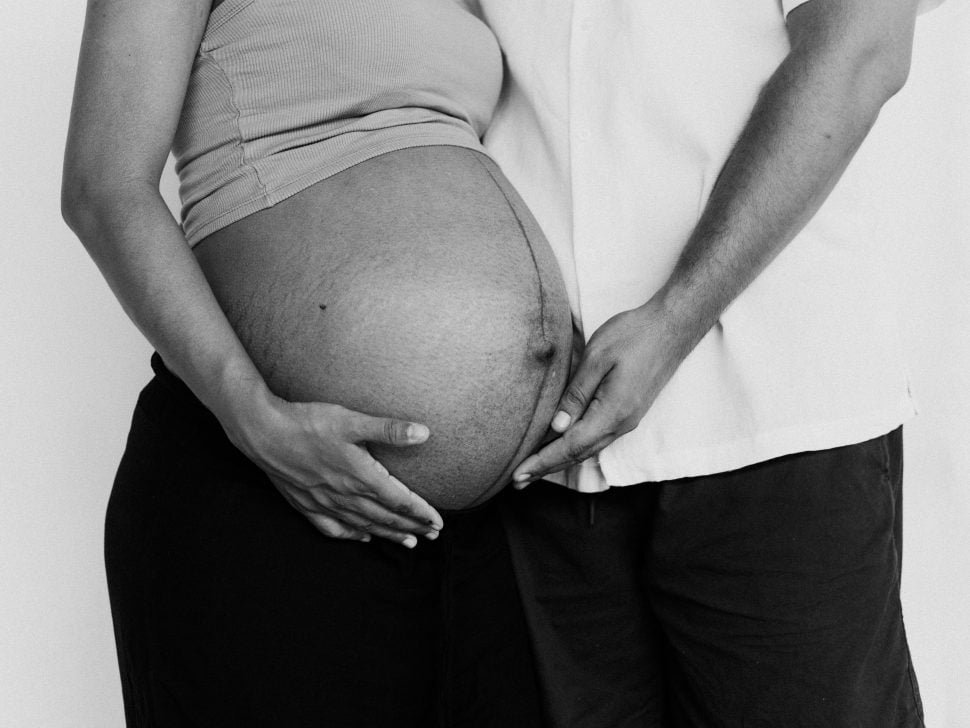Nurturing a love of sleep through attachment, trust, respect & fun.
Supporting tired parents to make kind, attachment-focused changes to their baby’s sleep, WITHOUT sleep training.
Hi, I’m Katie, a Registered Midwife with over 25 years of clinical experience and a background in home birth. I’m also a certified OCN Level 6 holistic infant sleep coach and mum to four teenagers.
After breastfeeding, co-sleeping, baby-wearing and surviving endless night wakes with my own children, I discovered something important: families don’t have to choose between ignoring their instincts or staying up all night forever. There is a gentle middle ground, and that’s exactly what I offer through Katie’s Babies.
I’m based in Melbourne, Australia, and while I offer in-home support locally, most of my work is conducted online. That means I can support families anywhere in the world. My approach blends evidence, intuition and deep respect, helping you create a rhythm that works for your baby and your life, without ever resorting to cry-it-out or forceful routines.
How I can help
Whether you’re contact-napping with a 4-month-old or wrestling with a strong-willed toddler at bedtime, I’m here to guide you towards your goals while preserving connection every step of the way.
- Helping you understand what’s biologically normal in infant and toddler sleep
- Reassuring you that feeding to sleep, contact naps, co-sleeping and floor beds are not ‘bad habits’, they’re instinctive and valid, but it’s ok to make changes if you want to.
- Offering realistic, respectful strategies that protect emotional safety and strengthen bonds
Families often tell me they appreciate my slow, steady, step-by-step approach, designed to avoid tears wherever possible. I build confidence gently, with connection and encouragement, never through pressure or detachment.
Many of my values are grounded in Montessori principles and Aware Parenting theories.
My goal is always to help you find a path that feels sustainable, respectful and aligned with your parenting values, while making life a little easier along the way. Sleep doesn’t have to be a battle, and you don’t have to figure it out alone.











